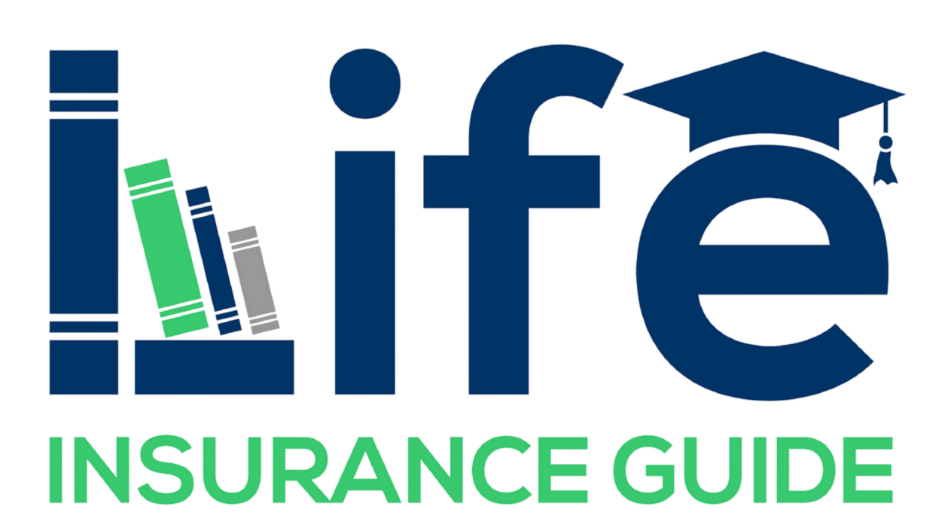A Simple but Often Overlooked Step
Most Australians have some form of life insurance, often through their employer’s super fund or a fund they’ve set up themselves. What many don’t realise is that when life insurance is held within superannuation, it becomes part of their overall super benefit. Any payout will usually follow the super fund’s rules – not the instructions in your Will.
That’s why setting up and maintaining your beneficiary nomination is so important. It’s one of the simplest ways to help make sure your super and any life insurance linked to it go to the right people, without confusion or delay.
What Is a Beneficiary?
A beneficiary is the person (or people) you choose to receive your super balance or life insurance payout if you pass away.
It’s a key part of your financial planning – helping ensure the benefit you’ve built or insured for your family actually reaches them, rather than being held up in estate processes.
You can usually nominate one or more beneficiaries when you join a super fund or take out a policy, and you can update that nomination at any time.
When Life Insurance Is Inside Super
If your life insurance sits inside your super fund, your nomination is made to the super trustee, not the insurer. The trustee is responsible for paying the benefit and must follow the superannuation laws about who can receive it.
That means:
- Your super balance and any attached life insurance are treated as one combined benefit.
- You can only nominate certain people who are recognised as eligible beneficiaries.
- If you don’t make a valid nomination, the trustee will decide who receives the payment, based on your dependants or estate.
Making a valid binding nomination gives you more control by legally directing the trustee, whereas a non-binding nomination only guides them.
So, who exactly can you nominate? That’s determined by law.
Who Can You Nominate Through Super?
Valid beneficiaries under superannuation law include:
- Your spouse or de-facto partner
- Your children (including adopted, step or adult children)
- Anyone who is financially dependent on you at the time of death
- Anyone you have an interdependent relationship with. This means you live together, share a close personal bond, and support each other financially and in daily life – such as two close friends who share a household and bills.
- Your legal personal representative (LPR) – the executor of your Will, so the benefit can be paid into your estate and distributed according to your Will.
In other words, you generally can’t directly nominate a friend, independent adult sibling or parent who isn’t financially dependent on you. If you want to leave something to someone outside the allowed categories, you’d need to nominate your estate (your LPR) and specify that person in your Will.
Remember, if you nominate someone outside these categories, the nomination won’t be valid. In that case, the trustee will decide where the benefit goes, usually to your dependants or your estate.
Binding vs Non-Binding Nominations
When completing a nomination form, you’ll usually be offered two options:
- Binding nomination
A binding nomination is a formal direction that the trustee must follow, provided it’s valid when you pass away. These nominations typically expire every three years, meaning you’ll need to renew them unless your fund offers a non-lapsing binding nomination (one that doesn’t expire). - Non-binding nomination
This lets the trustee know your preferences but still gives them discretion. If your circumstances change or your nomination isn’t valid, the trustee can decide who receives the benefit from among your dependants or estate.
A binding nomination generally offers more certainty, while a non-binding nomination provides flexibility. The right option for you depends on your personal and family situation.
Life Insurance Outside Super: How Beneficiaries Work
If you own a stand-alone life insurance policy outside super, you can often nominate a beneficiary directly with your insurer. In these cases:
- The benefit is paid straight to that person (or people) when you pass away.
- The money doesn’t usually form part of your estate, so it can reach them faster.
- If you don’t nominate anyone, the benefit is typically paid to your estate and distributed according to your Will.
This simple step can help make sure the proceeds are received quickly and in line with your wishes.
Keeping Your Beneficiaries Up to Date
Your life changes – and so should your nominations.
Events such as marriage, separation, having children, or setting up a new business are all reasons to review who you’ve listed. Even switching to a new super fund can cancel your previous nomination – your new fund won’t know who you had nominated before.
So whenever you change funds (for example, after changing jobs or consolidating accounts), remember to re-nominate beneficiaries with the new fund.
A regular review every few years, or after any major life change, can prevent unnecessary confusion or disputes for your loved ones later on.
Tips to Get It Right
- Review the options with your super fund around binding or non-binding nominations.
- Ensure your nomination is valid – only eligible beneficiaries can be named in super.
- Keep copies of nomination forms and renewal dates.
- Let your family know where to find these details.
- Speak with your adviser if your situation is complex, such as blended families or dependent adult children.
Why Advisers Often Raise This Topic
Advisers regularly discuss beneficiary nominations because they’ve seen the consequences when they’re overlooked. A simple conversation about who’s nominated, and whether those details are still current, can prevent major issues later.
Reviewing nominations can be just as important as checking cover levels or premiums and can make a real difference for families.
The Bottom Line
Setting up and maintaining your beneficiary nominations can be one of the simplest yet most effective ways to protect your family.
Whether your life insurance sits within your super fund or is held directly, clear nominations help make sure your money ends up where you want it – when it’s needed most.




